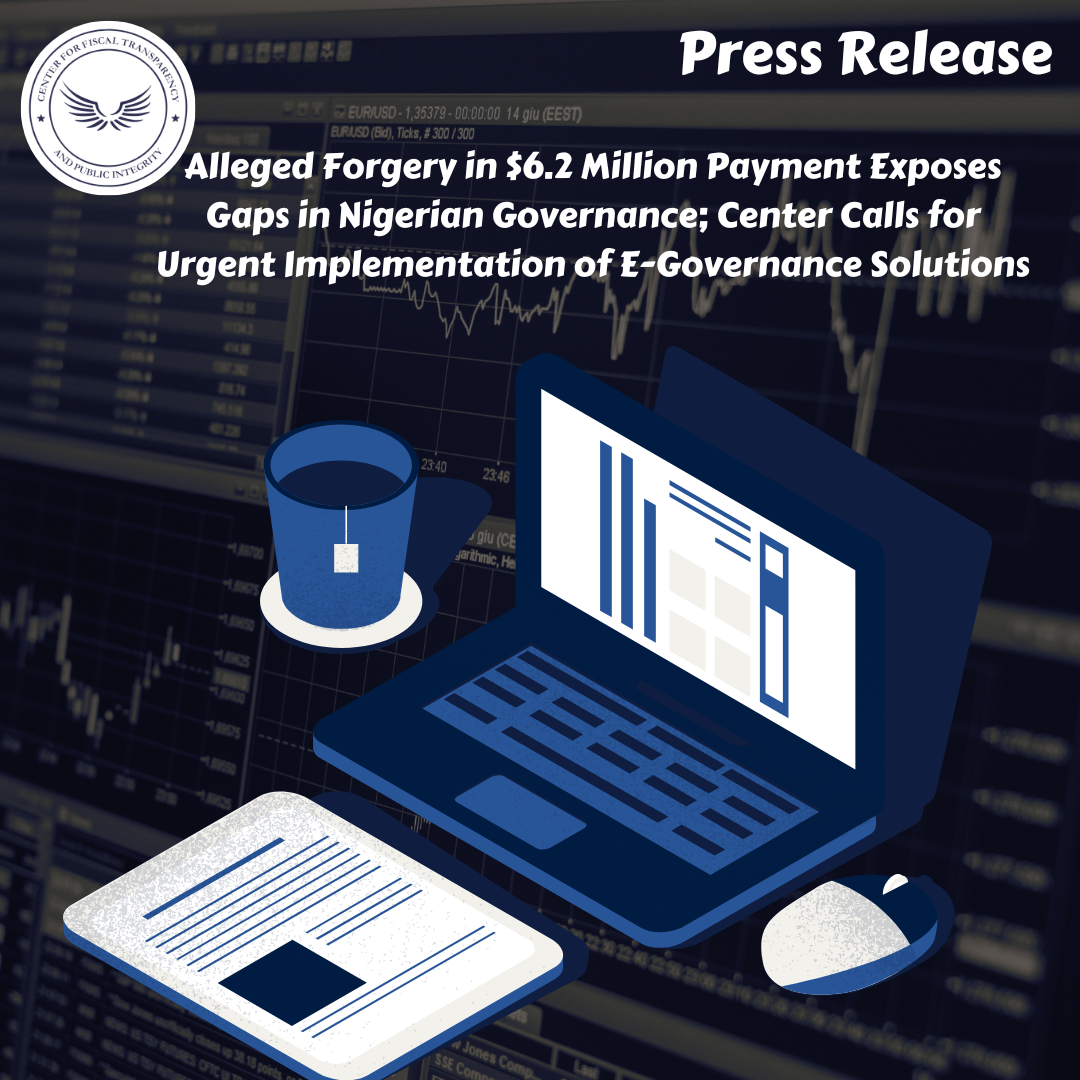Unsettling revelations made during the trial of Godwin Emefiele, the former governor of the Central Bank of Nigeria (CBN) recently, highlight severe flaws in the country’s governance framework. Recent forensic evidence presented in court suggested that the signatures of former President Muhammadu Buhari and former Secretary to the Government of the Federation, Boss Mustapha, may have been forged to authorize a payment of $6.2 million for foreign election observers.
This episode is a pointer to how the country’s government agencies’ internal checks and balances are deficient. The country’s top bank’s alleged capacity to evade fundamental safeguards raises questions about accountability and institutionalized corruption in the public sector.
Despite efforts by governments to reduce human intervention, administrative frauds are widespread in the public sector of the country. Corruption in the public sector continues to impede economic expansion and erode public confidence. These illegal activities, which range from embezzlement to misappropriated funds continue unabated, casting doubt on the effectiveness of reform initiatives in this area.
The purported forgery case serves as a stark reminder of how urgent Nigeria’s governance framework needs to be updated in line with 21st century digital reality. The Center for Fiscal Transparency is therefore urging the President Bola Ahmed Tinubu led administration to prioritize the implementation of a robust e-governance systems; which will be a critical step towards ensuring transparency and accountability.
May we refer the government to one of its commitments to the United Nations Convention against Corruption (UNCAC) in this regard. Article 9 of the Convention requires each State Party to “in accordance with the fundamental principles of its legal system, take the necessary steps to establish appropriate systems of procurement, based on transparency, competition and objective criteria in decision-making, that are effective, inter alia, in preventing corruption.” We strongly believe that institutionalization of e-governance, and in fact, e-procurement system will serve as an effective and efficient systems of risk management and internal control.
Without a doubt, e-governance initiatives that are strategically implemented can greatly increase security and transparency around government processes. A digital signature verification system, for example, can provide a verifiable audit trail for all approvals while guaranteeing the authenticity of signatures and thwarting attempts at forgery.
The Center hopes that the government will seize the opportunities in e-governance solutions to foster public trust and enhance access to information.

